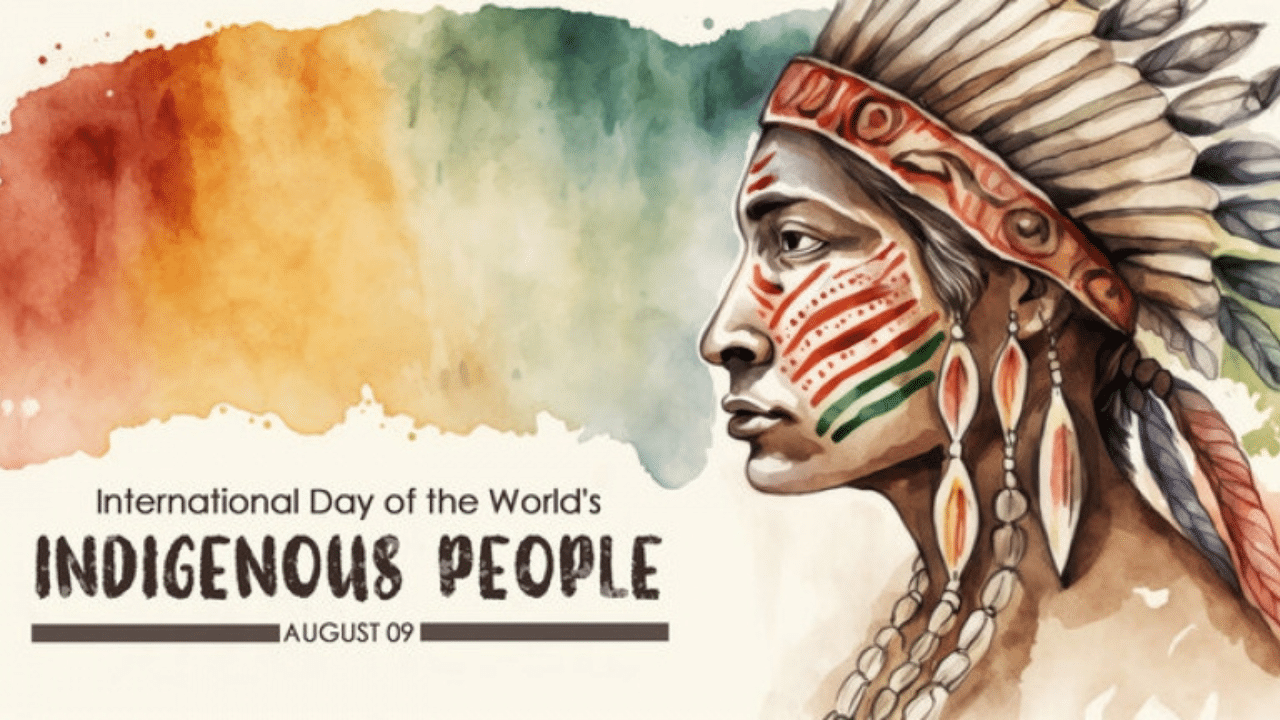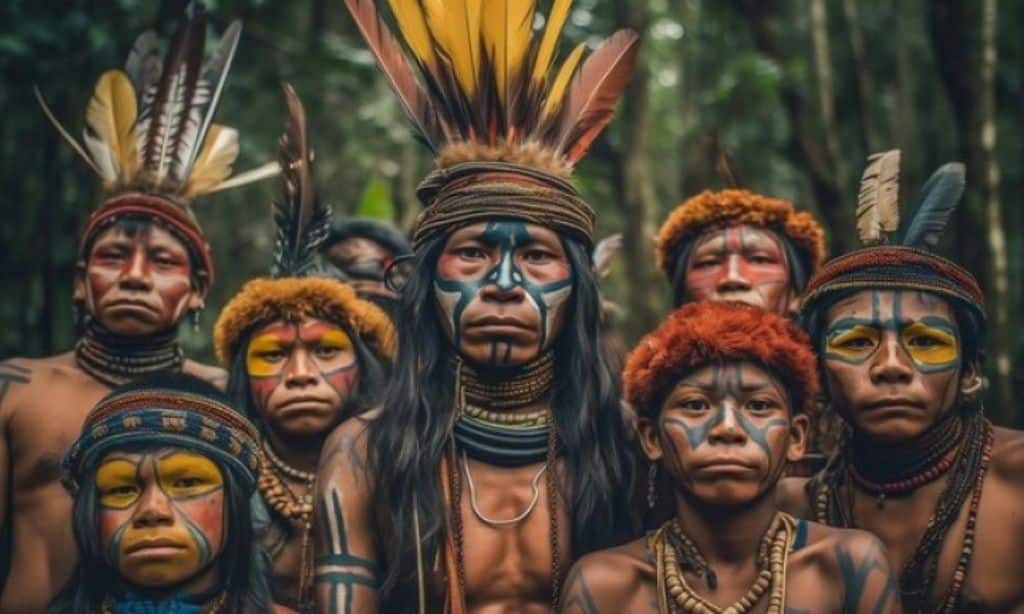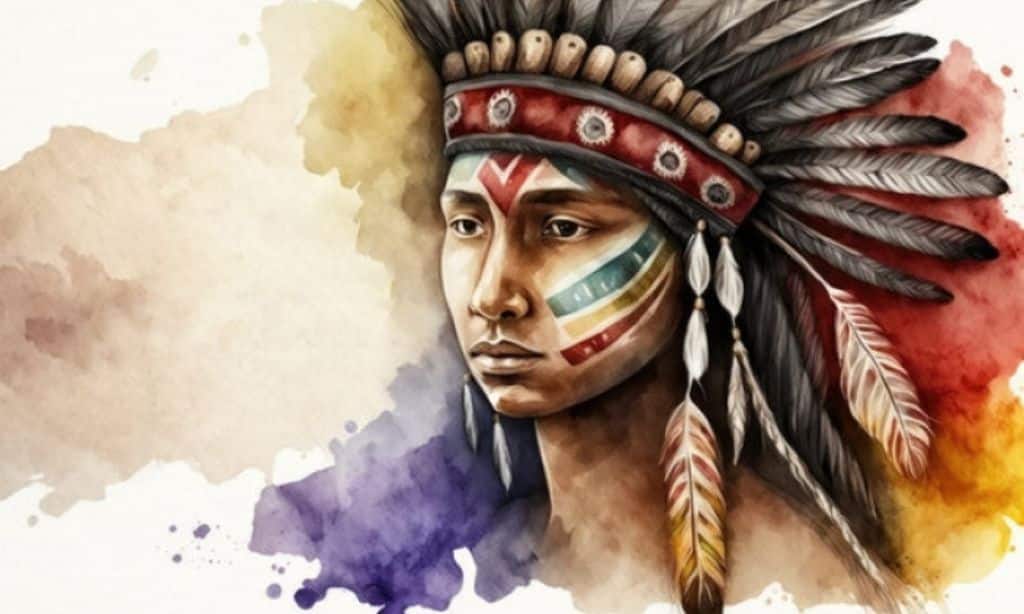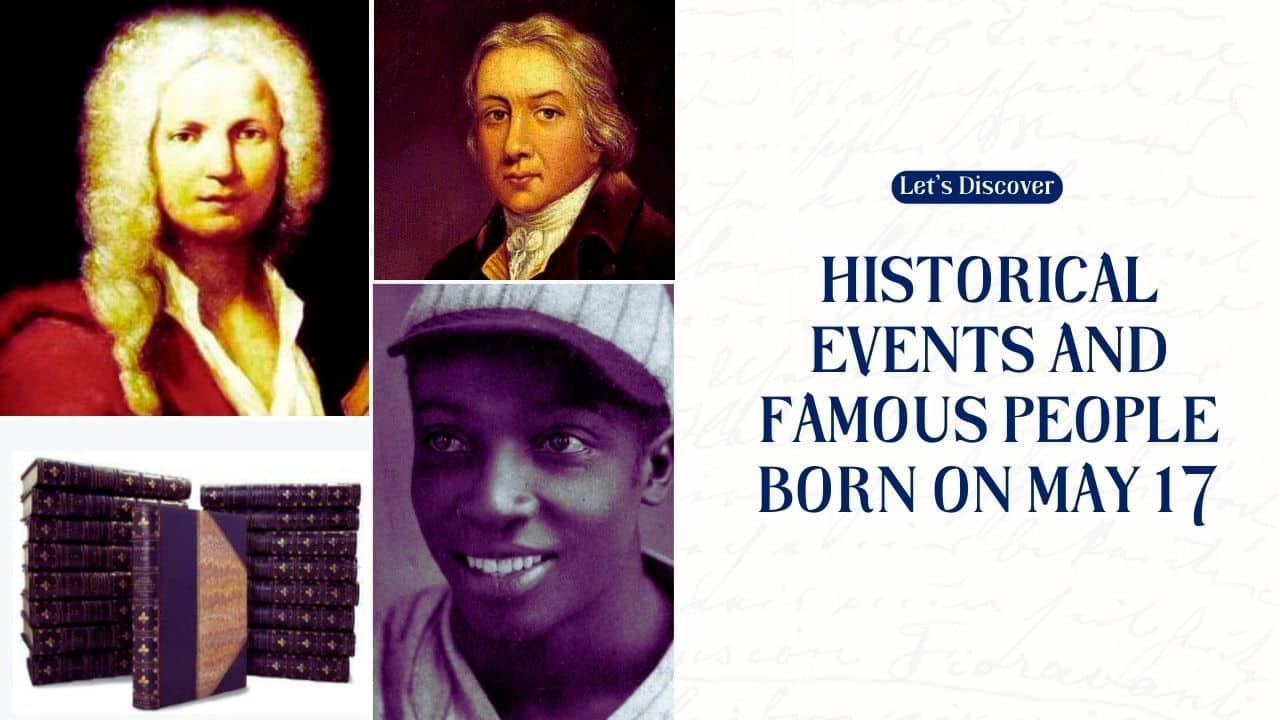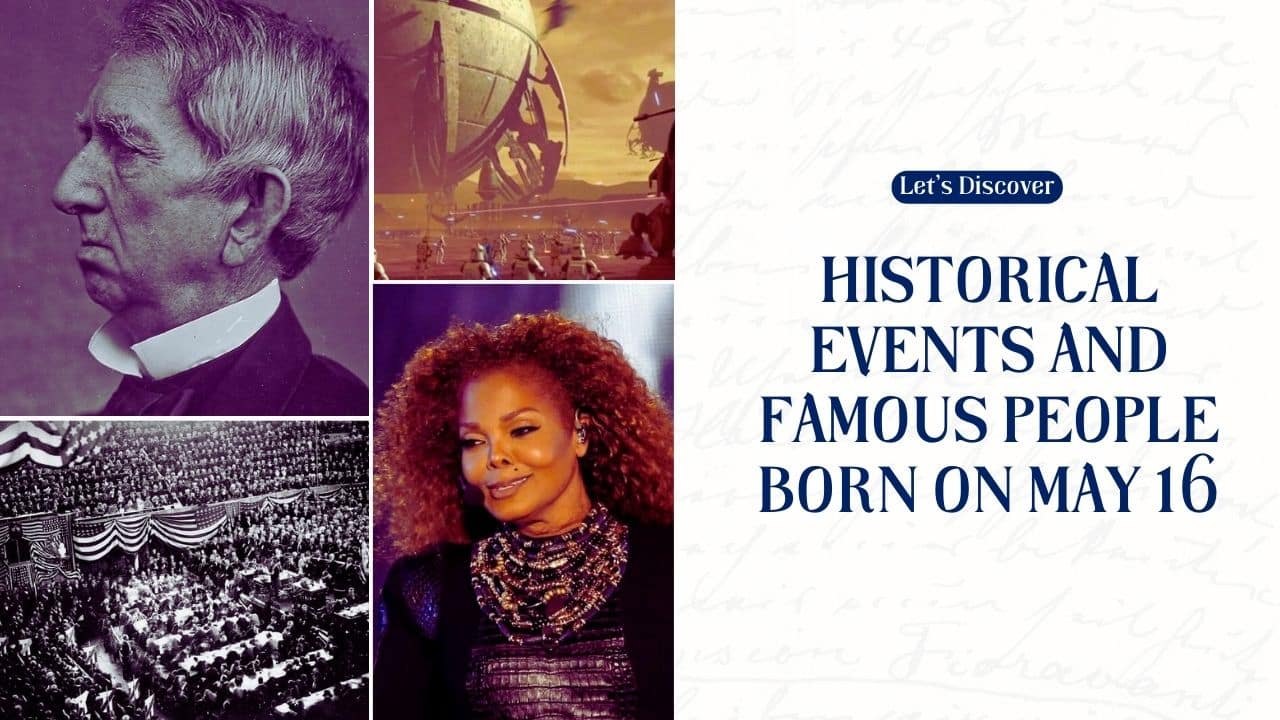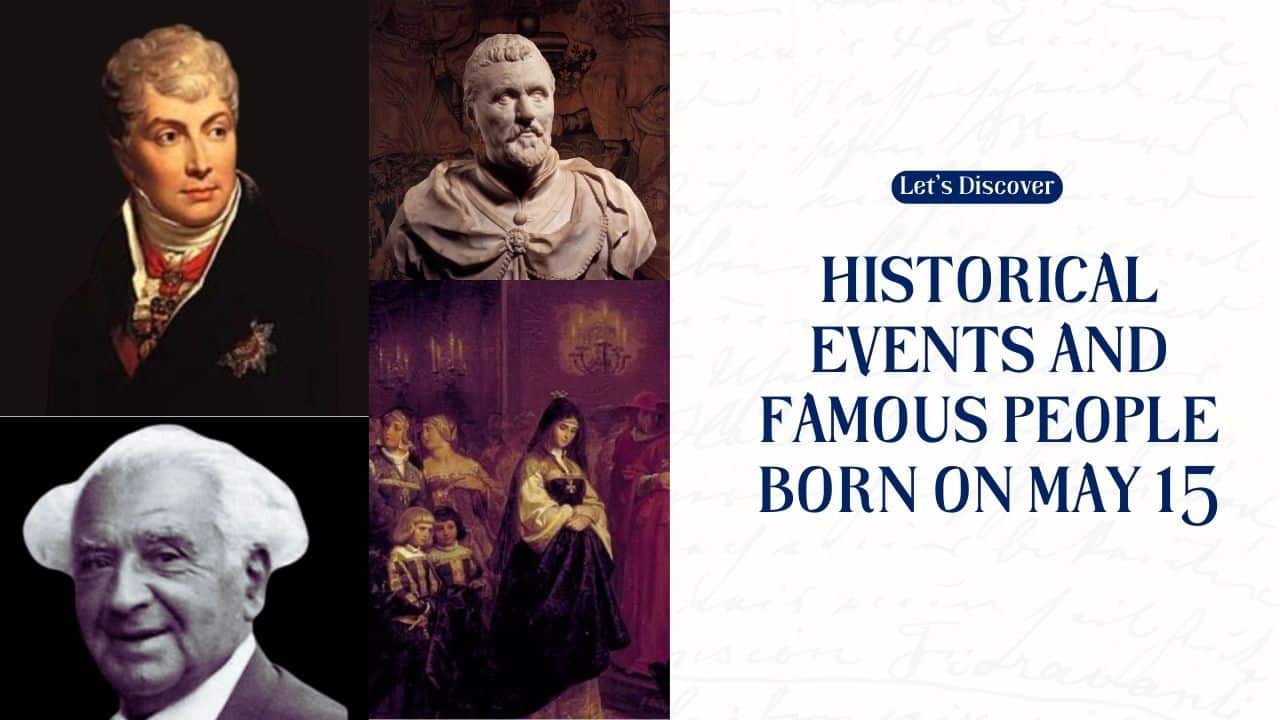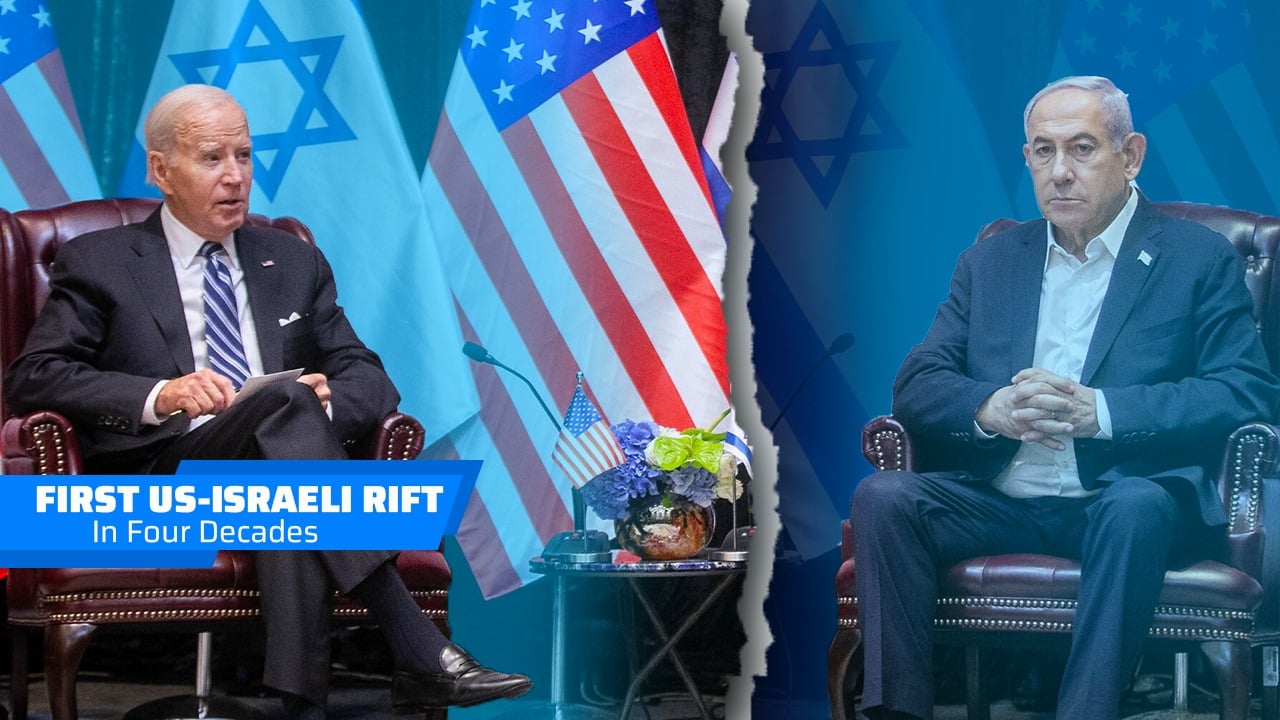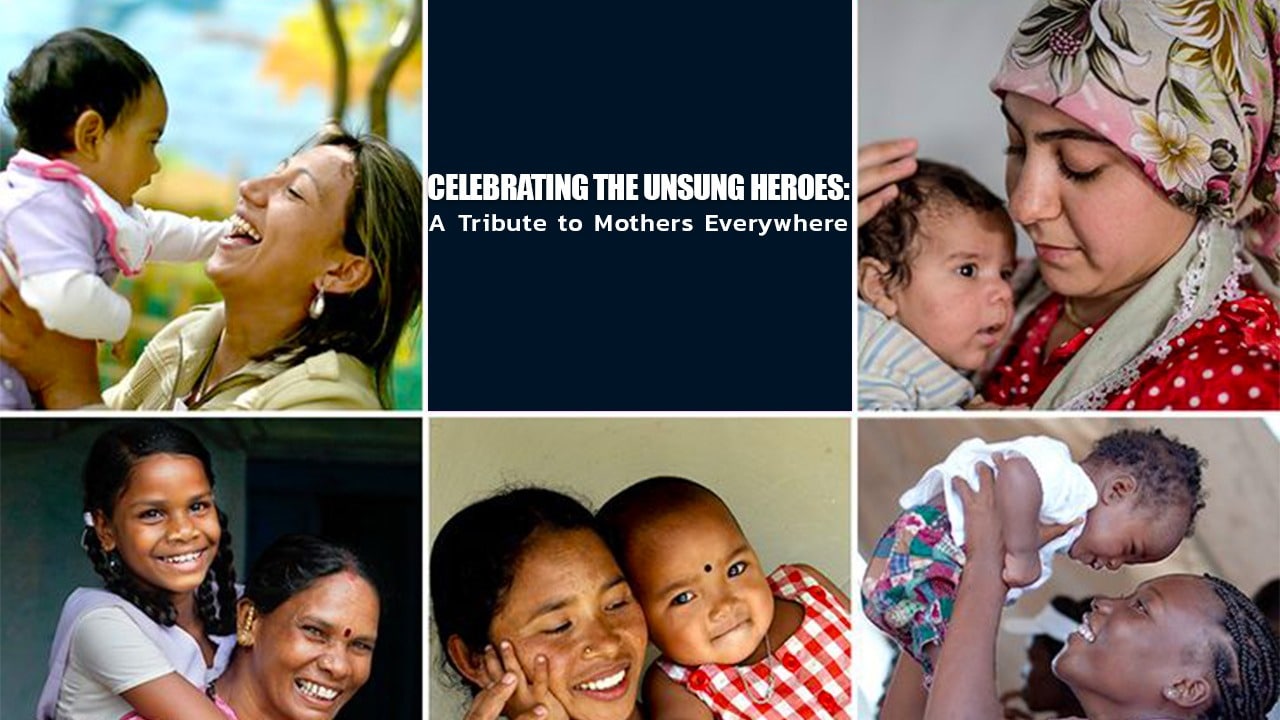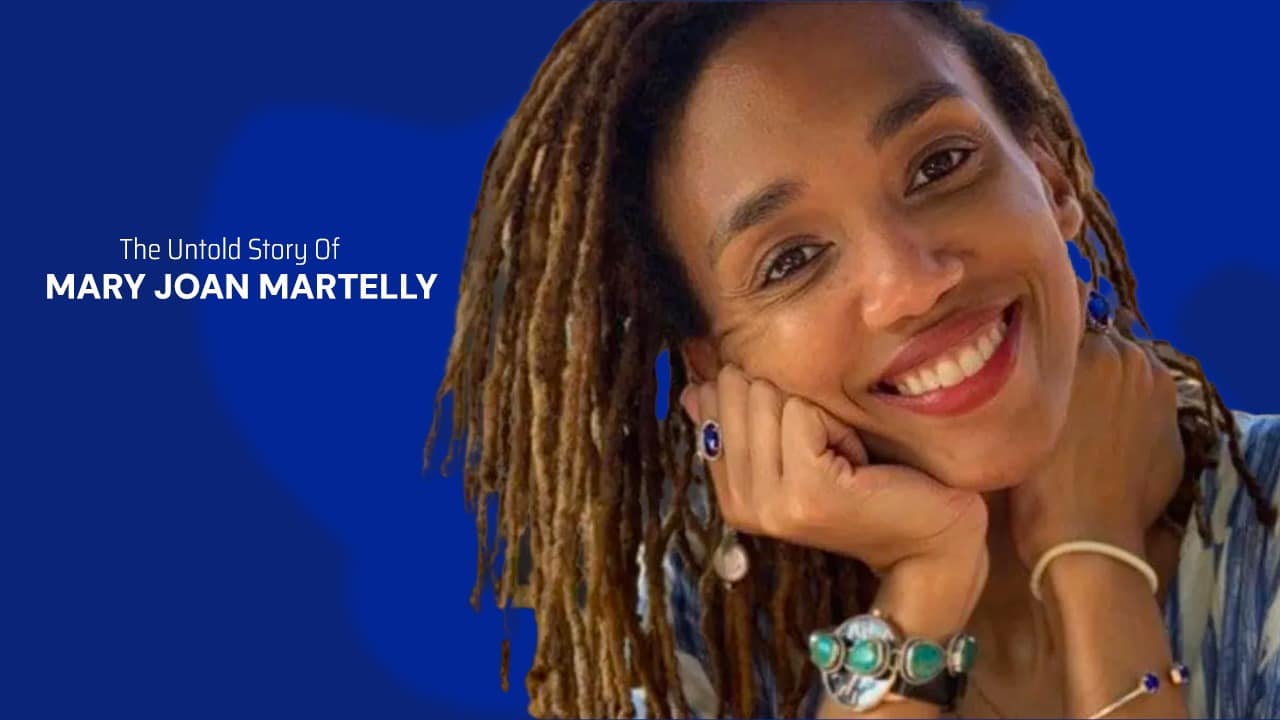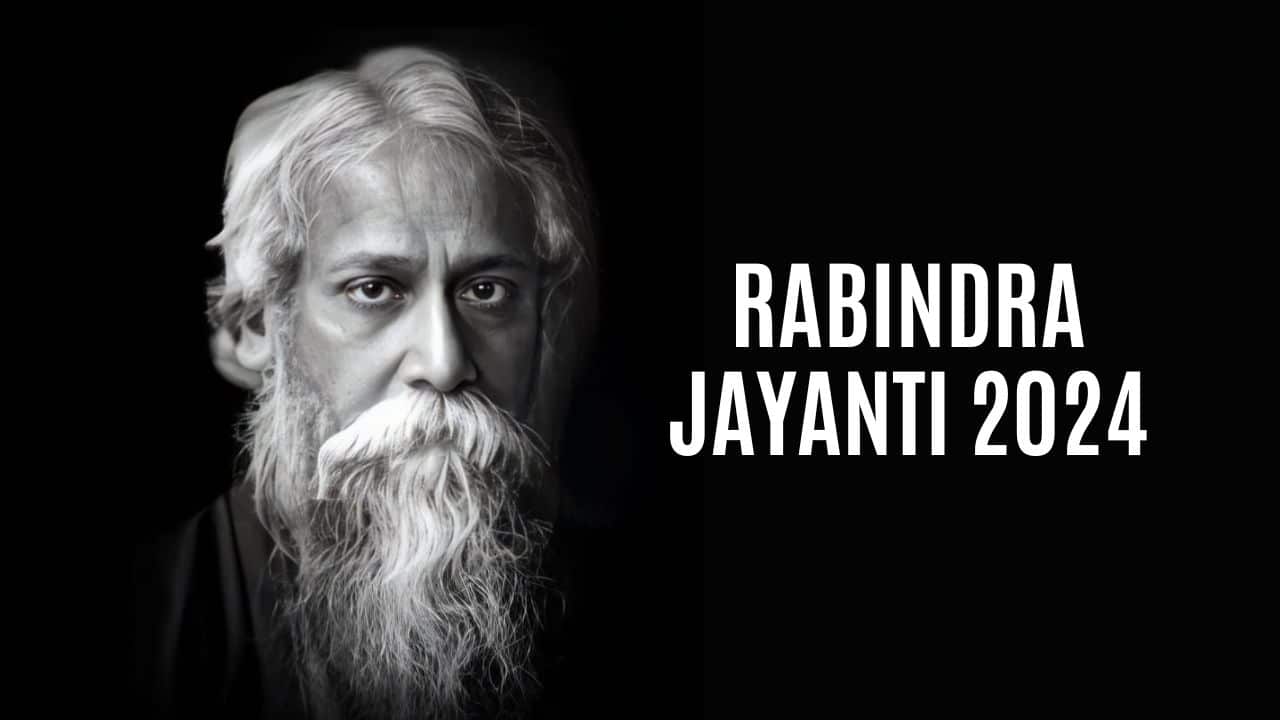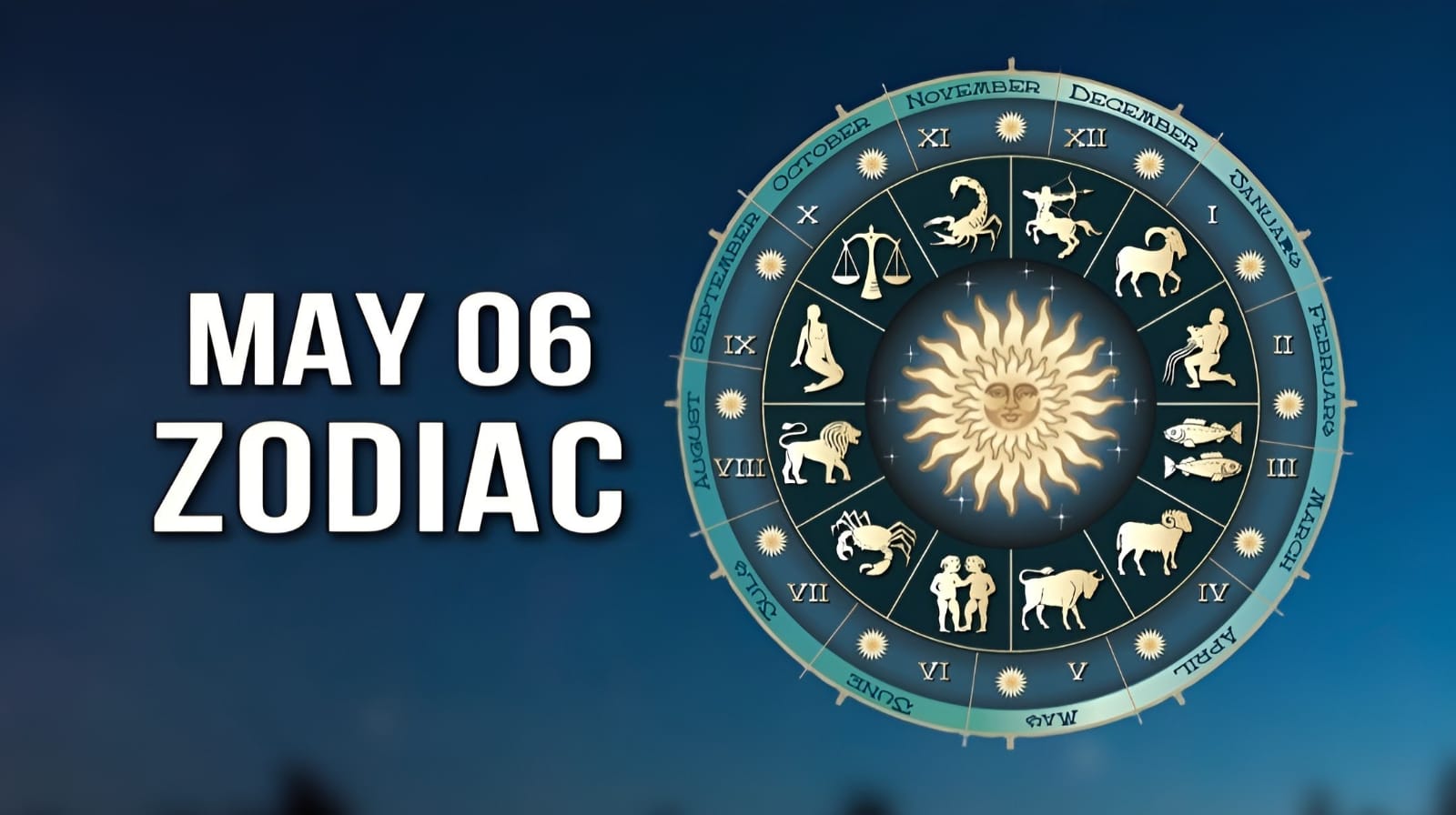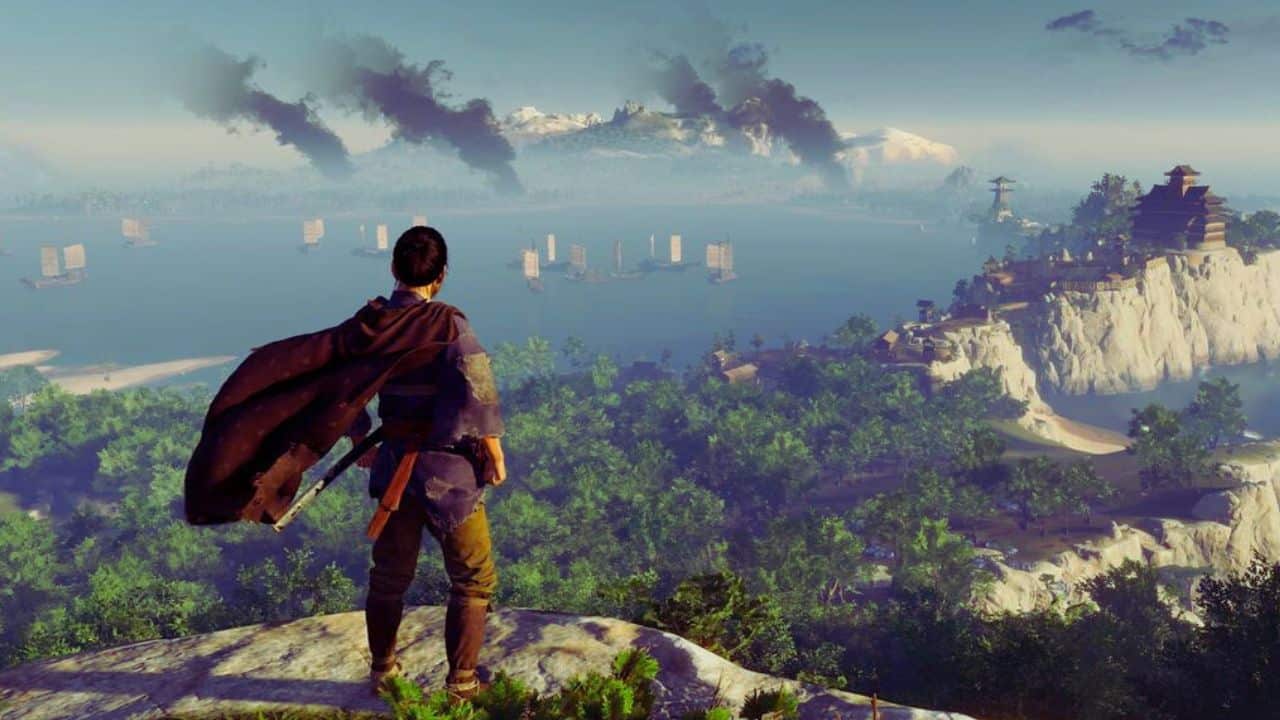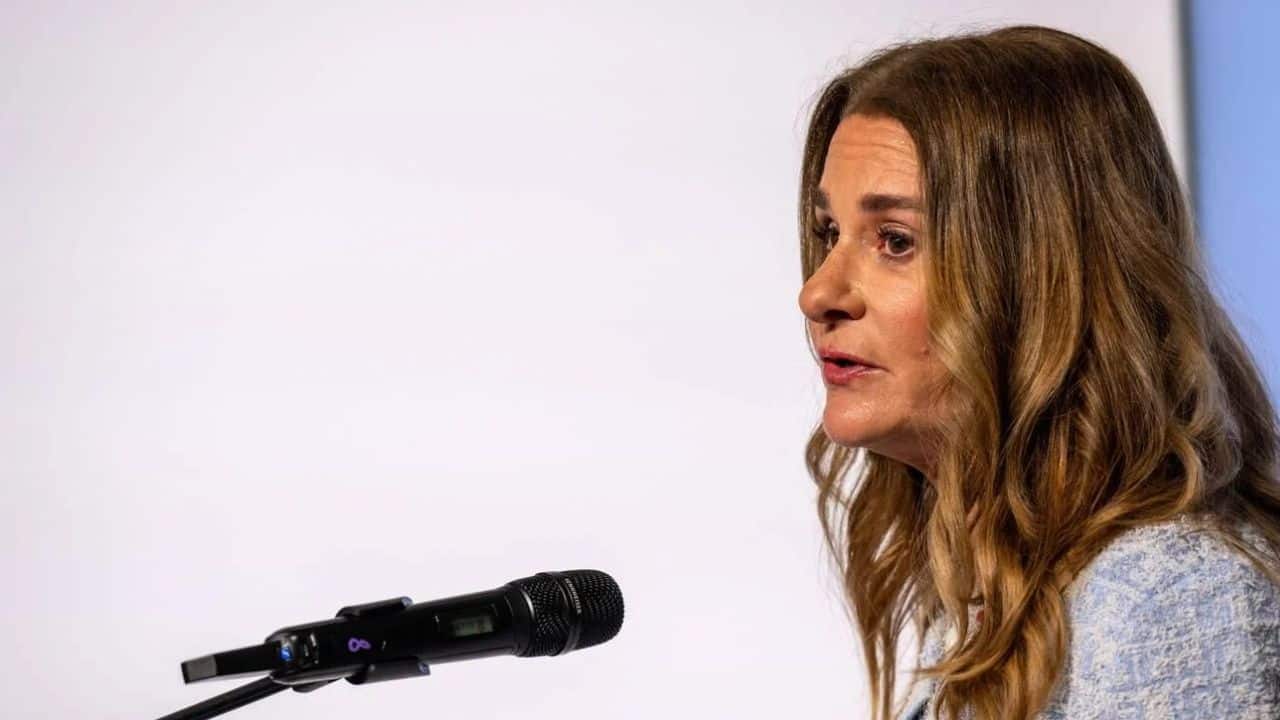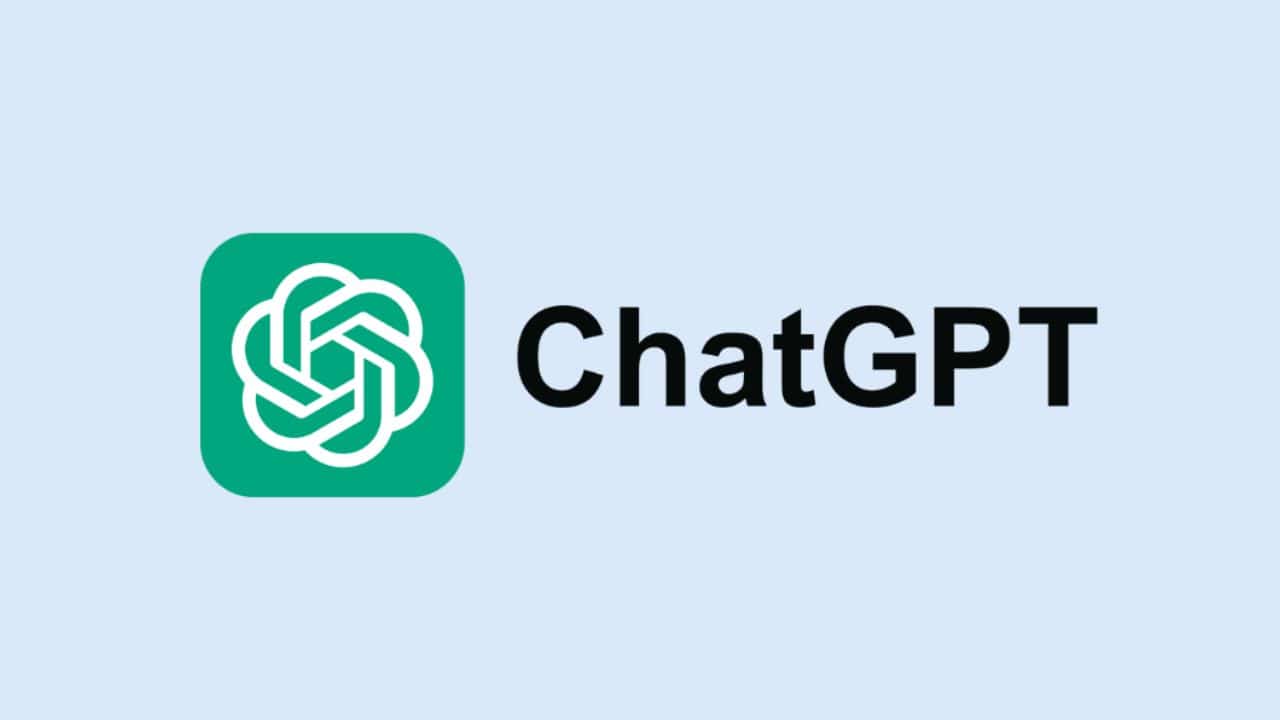International Day of the World’s Indigenous Peoples is dedicated to celebrating the rich cultures, languages, traditions, and contributions of Indigenous peoples around the globe. This annual observance provides an opportunity to raise awareness about indigenous communities’ challenges and promote their rights and well-being.
In 2023, the International Day of World Indigenous People falls on August 9th. Let’s explore the significance of this day and the importance of recognizing and celebrating indigenous cultures.
Importance of International Day of World’s Indigenous People
The International Day of the World’s Indigenous Peoples holds great importance as it serves as a reminder of the diversity and resilience of Indigenous peoples. It is an occasion to acknowledge and appreciate their unique knowledge systems, traditional practices, and sustainable ways of life. By celebrating this day, we can foster a greater understanding and respect for indigenous cultures and their contributions to global heritage.
Moreover, the recognition of International Day of the World’s Indigenous Peoples serves as a platform to address Indigenous communities’ challenges. It allows discussions on land rights, cultural preservation, education, healthcare, and eliminating discrimination and marginalization. Through these conversations, we can work towards creating a more inclusive and equitable world that respects the rights and dignity of all individuals, including indigenous peoples.
History and Significance of the Day
The United Nations General Assembly first proclaimed the International Day of the World’s Indigenous Peoples in December 1994. The resolution aimed to promote and protect indigenous peoples’ rights and acknowledge their contributions to the world. The date, August 9th, was chosen to commemorate the first meeting of the United Nations Working Group on Indigenous Populations in 1982.
Each year, the United Nations selects a theme for the International Day of the World’s Indigenous Peoples to focus on specific issues affecting Indigenous communities. This theme provides a framework for worldwide activities, discussions, and events. It catalyzes raising awareness, building partnerships, and advocating for the rights and well-being of indigenous peoples.
In conclusion, International Day of the World’s Indigenous Peoples is a significant observance highlighting the importance of recognizing and celebrating indigenous cultures and addressing their challenges. By acknowledging the contributions and values of indigenous peoples, we can strive for a more inclusive and fair society that respects and upholds the rights of all individuals. Let us join together in honoring indigenous communities’ rich diversity and heritage on this special day.
What is Indigenous People’s Day?
The International Day of the World’s Indigenous Peoples is celebrated on August 9th every year to recognize and promote the rights and contributions of Indigenous peoples around the globe. This day ensures the preservation and celebration of their cultures, histories, and traditions while raising awareness about the challenges they face in contemporary society.
Understanding the Concept of Indigenous Peoples
Indigenous peoples refer to the original inhabitants of a particular region or territory with distinct social, cultural, economic, and political systems that differ from those of the dominant society. They often have ancestral connections to their lands and possess unique languages, knowledge systems, and cultural practices. Many indigenous communities face various forms of discrimination, marginalization, and human rights violations, making it crucial to raise awareness about their struggles and advocate for their rights.
Related Read: World Rainforest Day 2023
Recognition and Celebration of Indigenous Cultures and Traditions
The International Day of the World’s Indigenous Peoples is a platform to celebrate and honor Indigenous peoples’ diverse cultures, languages, customs, and traditions. It is an opportunity to promote and protect their rights, foster understanding and dialogue, and support initiatives that empower indigenous communities.
Through various events, conferences, workshops, and cultural activities, this day sheds light on the unique contributions of indigenous peoples to the world’s cultural heritage and sustainable development. It raises awareness about their challenges and struggles, including land rights, environmental conservation, livelihoods, education, and healthcare.
| Importance of Celebrating Indigenous People’s Day: |
|---|
| 1. Cultural Heritage: Celebrating indigenous peoples’ Day helps preserve and promote their rich cultural heritage, including language, art, music, dance, and traditional practices. |
| 2. Human Rights: It highlights the importance of recognizing and respecting the rights of indigenous peoples, including their right to self-determination, land, and natural resources. |
| 3. Social Justice: By acknowledging and addressing indigenous communities’ historical injustices, the day encourages social justice and equality for all. |
| 4. Sustainable Development: The celebration of Indigenous Peoples’ Day also emphasizes the role of indigenous knowledge and sustainable practices in achieving global sustainable development goals. |
| 5. Global Awareness: Dedicating a day to honor indigenous peoples raises global awareness about their diverse cultures, histories and the need for representation and inclusion in decision-making processes. |
The International Day of the World’s Indigenous Peoples is an opportunity to reflect on the contributions and challenges faced by Indigenous peoples, fostering dialogue, understanding, and respect for their unique cultures and rights. It is important to support and engage with indigenous communities beyond this day and advocate for their rights throughout the year.
Indigenous Rights and Advocacy
On August 9th, the world comes together to celebrate the International Day of the World’s Indigenous Peoples. This day is an important opportunity to recognize and honor indigenous communities’ rich cultures, languages, and traditions worldwide. It is also a time to reflect on their challenges and ongoing efforts toward indigenous rights and advocacy.
Challenges Faced By Indigenous Communities
Indigenous communities face numerous challenges threatening their rights, livelihoods, and cultural heritage. Some of the key challenges include:
-
Land and resource rights: Indigenous peoples often face encroachment on their ancestral lands, leading to displacement and loss of their traditional way of life. Extractive industries, deforestation, and land theft continue to be major concerns.
-
Discrimination and marginalization: Indigenous peoples frequently experience discrimination, racism, and marginalization, which infringes upon their rights to equality, healthcare, education, and employment opportunities.
-
Language and cultural preservation: Many indigenous languages risk extinction and losing cultural practices and knowledge. Efforts must be made to preserve and revitalize indigenous languages and cultural expressions.
Efforts Towards Indigenous Rights and Advocacy
Fortunately, there are ongoing efforts to address the challenges faced by indigenous communities and promote their rights and well-being. Some of the key initiatives include:
-
International legal frameworks: The United Nations Declaration on the Rights of Indigenous Peoples (UNDRIP) is a milestone document that outlines Indigenous peoples’ individual and collective rights. Many countries have started to adopt legislation and policies aligned with the principles of UNDRIP.
-
Indigenous-led organizations: Indigenous-led organizations play a crucial role in advocating for the rights of Indigenous peoples at local, national, and international levels. These organizations work towards protecting land rights, promoting cultural heritage, and addressing social and economic inequalities.
-
Awareness-raising and education: Education and awareness-raising initiatives are essential in understanding and respecting indigenous cultures and rights. Schools and institutions can incorporate indigenous perspectives and histories into curricula to foster inclusivity and promote diversity.
-
Sustainable development and self-determination: Indigenous communities have been at the forefront of advocating for sustainable development practices and their right to self-determination. Indigenous peoples can assert their rights while preserving their cultural heritage by engaging in sustainable livelihoods, such as eco-tourism or traditional crafts.
Cultural Diversity and Heritage
The International Day of the World’s Indigenous Peoples is celebrated on August 9th every year to promote and protect the rights of indigenous peoples and recognize their contributions to cultural diversity and sustainable development. This day provides an opportunity to raise awareness about the challenges faced by indigenous communities and to celebrate their rich cultural heritage.
Preservation of Indigenous Languages, Arts, and Crafts
Preserving Indigenous languages: Indigenous languages are an integral part of the cultural heritage of Indigenous peoples. However, these languages are often at risk of extinction due to various factors such as globalization and urbanization. Efforts are being made to revitalize and preserve indigenous languages through educational programs, language immersion schools, and community initiatives.
Promoting Indigenous arts and crafts: Indigenous arts and crafts are beautiful and represent the unique cultural identity of Indigenous communities. These traditional art forms include painting, carving, weaving, pottery, and beadwork. By promoting indigenous arts and crafts, we can support the economic development of indigenous communities and ensure the preservation of their cultural heritage.
Read More: World Food Safety Day 2023
Promotion of Indigenous Cultural Heritage
The promotion of indigenous cultural heritage is crucial for the recognition and respect of indigenous peoples’ rights. It can be achieved through various means, including:
Education and awareness: Educating the general public about indigenous peoples’ history, culture, and contributions is essential to foster understanding and respect. Schools, museums, and cultural institutions are vital in promoting indigenous cultural heritage through exhibits, workshops, and educational programs.
Cultural exchange and collaboration: Encouraging cultural exchange programs and collaborations between indigenous and non-indigenous communities can help bridge understanding gaps and promote cultural diversity. These initiatives can include cultural festivals, art exhibitions, and storytelling sessions, allowing dialogue and appreciation of indigenous cultural traditions.
Creating an environment that promotes the recognition and preservation of indigenous cultural heritage is crucial for the well-being and self-determination of indigenous peoples. By actively supporting initiatives that protect and celebrate indigenous languages, arts, and crafts, we can contribute to preserving and revitalizing indigenous cultures.
It is important to celebrate and support the International Day of the World’s Indigenous Peoples to raise awareness about the rights and contributions of Indigenous communities. Let us embrace the richness of cultural diversity and work together toward a more inclusive and equitable future.
Indigenous Knowledge and Sustainability
The International Day of the World’s Indigenous Peoples is celebrated on August 9th each year to recognize and promote the rights and contributions of Indigenous peoples worldwide. This day provides an opportunity to appreciate indigenous peoples’ rich cultural heritage and unique knowledge systems, including their traditional ecological knowledge and sustainable practices.
Traditional Ecological Knowledge and Sustainable Practices
Indigenous peoples deeply understand their local ecosystems and have developed sustainable practices over generations to ensure the preservation and well-being of their communities and the environment. Their traditional ecological knowledge encompasses a holistic approach to managing resources and living harmoniously with nature.
One example of indigenous sustainable practices is agroforestry, a farming system that combines trees, crops, and livestock. This method provides multiple benefits, such as soil fertility, water conservation, and biodiversity preservation. Indigenous communities have practiced agroforestry for centuries, ensuring food security and ecological resilience.
Another aspect of traditional ecological knowledge is the sustainable management of natural resources, such as fisheries and forests. Indigenous peoples often have detailed knowledge of local biodiversity, including species distribution and behavior, which helps them regulate their harvest to ensure long-term sustainability.
Indigenous Contributions to Environmental Conservation
Indigenous peoples have played a significant role in environmental conservation worldwide. Their stewardship of ecosystems has contributed to the protection of biodiversity and the mitigation of climate change.
Indigenous Protected and Conserved Areas (IPCAs) are vital examples of indigenous environmental conservation efforts. These areas are managed by indigenous communities using traditional ecological knowledge to preserve their lands, maintain cultural values, and protect biodiversity. IPCAs have shown great success in conserving ecosystems and promoting sustainable development.
Additionally, indigenous peoples have been at the forefront of advocating for sustainable and eco-friendly practices. Their traditional knowledge and practices have influenced modern environmental movements, promoting sustainable development, renewable energy, and the protection of biological diversity.
By celebrating the International Day of the World’s Indigenous Peoples, we acknowledge the importance of indigenous knowledge in achieving sustainability and preserving our planet’s resources for future generations.
Celebrating International Day of Worlds Indigenous People
International Day of the World’s Indigenous Peoples is observed on August 9th each year to promote and protect the rights of indigenous communities worldwide. This day is an opportunity to celebrate the rich cultural heritage and contributions of indigenous peoples while also raising awareness about the challenges they face. In 2023, various events and activities will be held globally to commemorate this important day.
Celebrations Around the World
Around the world, communities, organizations, and governments come together to honor and celebrate indigenous peoples’ diverse cultures, traditions, and achievements. These celebrations aim to create a platform for indigenous voices to be heard, recognized, and respected. Some examples of events and activities held on International Day of the World’s Indigenous Peoples include:
-
Cultural Festivals: Indigenous communities organize festivals showcasing traditional music, dances, arts, crafts, and cuisine. These vibrant celebrations allow people to learn about indigenous cultures and foster a greater appreciation for their heritage.
-
Workshops and Conferences: Various workshops, conferences, and panel discussions address issues affecting indigenous communities. These gatherings enable land rights, cultural preservation, indigenous knowledge, and sustainable development conversations.
-
Film Screenings: Film screenings featuring indigenous filmmakers and stories are organized to share their narratives with a broader audience. Such events help promote understanding and foster empathy toward the unique challenges faced by indigenous peoples.
Efforts to Raise Awareness and Promote Indigenous Inclusion
International Day of the World’s Indigenous Peoples also raises awareness about the injustices and inequalities Indigenous communities face. It allows individuals, organizations, and governments to unite and take action toward indigenous inclusion. Some efforts to promote indigenous rights and well-being include:
-
Policy Advocacy: Governments, NGOs, and indigenous rights organizations work together to push for policies that protect the rights of indigenous peoples. This includes advocating for land rights, education, healthcare, and cultural preservation.
-
Indigenous Leadership and Representation: Efforts are being made to increase Indigenous representation in political and decision-making processes. By empowering indigenous leaders, their perspectives can be better integrated, ensuring inclusive policies that address the unique needs of their communities.
-
Education and Awareness Campaigns: Educational initiatives and awareness campaigns are essential in fostering understanding and respect toward indigenous cultures and issues. These campaigns challenge stereotypes, combat discrimination, and promote a more inclusive and equitable society.
As we celebrate International Day of the World’s Indigenous Peoples in 2023, it is important to recognize and appreciate Indigenous communities’ rich cultural diversity and contributions. We can work towards a more just and harmonious world for all by supporting their rights and fostering inclusivity.
Indigenous Peoples’ Movements and Achievements
In 2023, the world celebrates the International Day of the World’s Indigenous Peoples, a day dedicated to honoring and recognizing the diverse cultures, languages, and contributions of indigenous peoples around the globe. This day serves as a reminder of their rich heritage and the need to protect their rights and well-being.
Notable Achievements and Contributions By Indigenous Peoples
Indigenous peoples have significantly contributed to various fields, including arts, culture, environment, and human rights. Their wisdom and knowledge have been instrumental in preserving the environment and promoting sustainable practices. Many indigenous communities have successfully fought for land rights and have become leaders in protecting natural resources.
Moreover, indigenous cultures have enriched the world with their unique art forms, music, and storytelling, showcasing the depth and diversity of human creativity. From intricate beadwork to mesmerizing dances, indigenous art plays a vital role in preserving and sharing their traditions across generations.
Let’s take a moment to highlight a few notable achievements by indigenous peoples:
-
Indigenous-led Conservation Initiatives: Indigenous communities have been at the forefront of conservation efforts, implementing sustainable practices and preserving biodiversity. They have demonstrated that traditional knowledge and modern science can work together to maintain the delicate balance of ecosystems.
-
Language Revitalization Movements: Indigenous languages are integral to their identity and cultural heritage. Efforts to revitalize and promote indigenous languages have gained momentum, ensuring their preservation for future generations. Initiatives such as language immersion schools and digital resources have been crucial in language revitalization.
-
Political Representation and Self-Governance: Indigenous peoples have successfully advocated for their political rights and self-governance. This empowerment allows them to protect their lands, resources, and cultural practices, ensuring a more inclusive and just society.
Recognition of their Resilience and Strength
The International Day of the World’s Indigenous Peoples celebrates their achievements and recognizes their resilience in the face of historical injustices and ongoing challenges. Indigenous communities have overcome adversity, demonstrated strength, and preserved their cultural identities despite centuries of marginalization.
It is crucial to support and amplify the voices of indigenous peoples, ensuring that their rights are respected, their lands are protected, and their contributions are valued. Understanding and appreciating indigenous cultures can foster a more inclusive and harmonious world.
Together, let us honor the contributions and achievements of indigenous peoples on this significant day and work towards a future where their rights are fully recognized and respected.
Importance of Indigenous Representation and Participation
In 2023, the world celebrates the International Day of the World’s Indigenous Peoples, which recognizes the importance of preserving and promoting the rights of indigenous communities worldwide.
This day serves as a reminder of indigenous peoples’ rich cultural heritage and contributions while highlighting their ongoing struggles. Acknowledging the importance of indigenous representation and participation in decision-making processes is crucial to ensure their voices are heard, and their rights are protected.
The Importance of Indigenous Voices in Decision-making Processes
Indigenous peoples are deeply connected to their lands, cultures, and traditions, often differing from mainstream societies. Their collective knowledge and expertise in environmental conservation, sustainable land management, and traditional healing practices are invaluable. However, historically, indigenous communities have been marginalized and excluded from decision-making processes that directly impact their lives and territories.
Including indigenous voices in decision-making respects their rights to self-determination and autonomy and promotes better outcomes for everyone. Indigenous communities provide unique perspectives and insights that can lead to more sustainable and equitable solutions. Their traditional practices and knowledge can contribute to addressing pressing global challenges, such as climate change and biodiversity loss.
Efforts to Promote Inclusivity and Representation
In recent years, efforts have been made to promote inclusivity and representation of indigenous peoples in decision-making processes at various levels. International organizations, governments, and civil society groups recognize the need to engage indigenous communities and respect their rights.
One important step is the United Nations Declaration on the Rights of Indigenous Peoples, adopted in 2007. The declaration emphasizes the rights of indigenous peoples to participate in decision-making processes that affect them and calls for their free, prior, and informed consent. It serves as a framework to guide countries in ensuring indigenous representation and participation in policymaking.
Furthermore, some countries have implemented legislation and policies to increase indigenous representation in political bodies and institutions. This includes reserved seats for indigenous representatives or specialized advisory bodies dedicated to indigenous affairs. These measures help amplify indigenous voices and ensure their concerns are considered in decision-making.
By recognizing and respecting the rights of indigenous peoples to participate in decision-making, we can work towards a more just and inclusive society. Celebrating the International Day of the World’s Indigenous Peoples reminds us of Indigenous communities’ ongoing struggles and the importance of supporting their rights and aspirations. Together, we can create a world where indigenous voices are truly heard and respected.
Sources:
- United Nations: International Day of the World’s Indigenous Peoples
- Convention on Biological Diversity: Indigenous peoples and local communities
- IUCN: Indigenous peoples and protected areas


